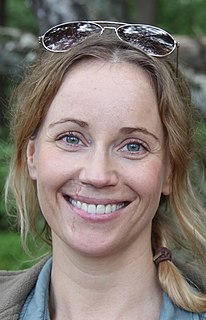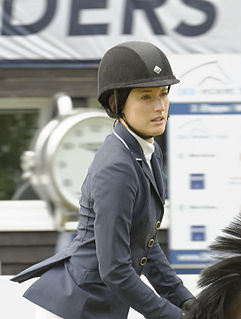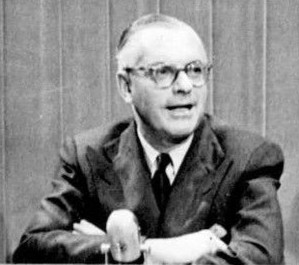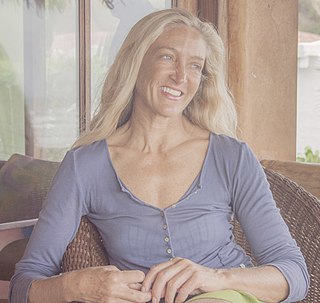A Quote by Jon Stewart
My life was typical. I played a little Little League baseball. I never wanted for food. I always had shoes. I had a room. There were no great tragedies. There were the typical ups and downs but I wouldn' t say it was at all sad. We were Jewish and living in the suburbs so there was a slightly neurotic bent to it, but I can't point to anything where a boy overcame a tragedy to become a comedian. As my grandmother used to say, 'I can't complain.
Quote Topics
Always
Anything
Baseball
Become
Bent
Boy
Comedian
Complain
Downs
Food
Grandmother
Great
Had
Jewish
League
Life
Little
Little League
Little League Baseball
Living
My Grandmother
My Life
Neurotic
Never
Overcame
Played
Point
Room
Sad
Say
Shoes
Slightly
Suburbs
Tragedies
Tragedy
Typical
Ups
Ups And Downs
Used
Wanted
Were
Related Quotes
From the little reading I had done I had observed that the men who were most in life, who were molding life, who were life itself, ate little, slept little, owned little or nothing. They had no illusions about duty, or the perpetuation of their kith and kin, or the preservation of the State. They were interested in truth and in truth alone. They recognized only one kind of activity - creation.
My pacifism came after I joined the army and was shipped over to Korea. There was a little one-room orphanage there called Song-do. There were 180 babies in there, and they were GI babies. The U.S. government would not acknowledge this, and the Korean government had nothing to do with them. They were living on a 100-pound bag of rice a month. Some of those kids, when they were old enough, would go out and shine shoes. They would show up at the gate of our compound to shine shoes, and you'd swear they were looking for their fathers.
Our songs were not written to be listened to in headphones or on the radio. They were written to be played. All of the little infinite detail that went into the arrangements and giving ourselves lots of breathing room in terms of playing what we wanted to play and using up any ideas that we had - all of those were conceived to be performed.
It was life under the Soviet system - we were struggling with every big problem. Publicly, my parents had to queue up to buy food, but were able to live secret lives in their private rooms. With the TV set in the living room, we were able to see Western pop culture -a different reality from what we were living. For me, it was like two different universes existed at the same time, and we got used to being in these parallel universes.
I'm from a working-class family. We didn't have a lot, but we had the arts. You're talking to a guy who is making a living at doing what he loves doing - acting, singing and dancing. So any career ups and downs were not that significant to me; the only things that really powerfully impinged on me were my losses, and there were many in my life.
He was one of those people who made you feel like they either didn't know or didn't care that you were in the room and if they ever did acknowledge your existence it was bizarrely score one to you, and twenty years later they'd tell you they'd always had a crush on you but never had the courage to say anything and you'd tell them, What? I didn't even think you liked me? and they'd say, Are you crazy? I just never knew what to say!
We have some goats, some chickens, and we used to have pigs. There used to be two ostriches as well, but they were a little bit violent, so we had to give them away. When we were little, we used to play with the goats all the time. We each had our own little goat, and we'd go and run around with them.
I had heard the old Indian legend about the red fern. How a little Indian boy and girl were lost in a blizzard and had frozen to death. In the spring, when they were found, a beautiful red fern had grown up between their two bodies. The story went on to say that only an angel could plant the seeds of a red fern, and that they never died; where one grew, that spot was sacred.
I look to everyday magic in art to remember how to live: how to estrange and vivify ordinary objects and beings. So little, really, is ordinary, but to remember this I need the brain chemical of painting and film and reading I had a thrummy doomed oracular feeling when I wrote blackened baby teeth into my little blind boy story: I saw teeth and in an instant they were becoming something else. They were buckshot. They were food. They were tiny flightless corvids.



































